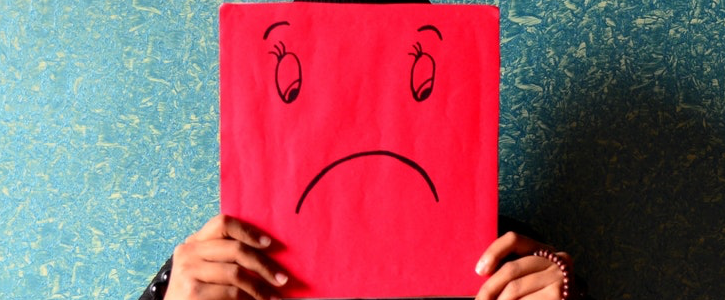Reducing Depression Symptoms with Digital Health Tools
Digital health can be useful for people in rural areas with limited access to in-person therapy.

Patient-steered digital health therapy platforms effectively alleviate symptoms of depression, according to a new analysis of 21 studies.
The systematic review, led by Lorenzo Lorenzo-Luaces, Ph.D., an assistant professor in the Department of Psychological and Brain Sciences at Indiana University, considered 21 studies that featured trials of self-guided, internet-based cognitive behavioral therapy to alleviate symptoms of depression and other mental disorders. The studies spanned more than 4,700 patients.
The analysis used studies on face-to-face psychotherapy and antidepressants as a benchmark to measure self-guided, internet-based cognitive behavioral therapy results. The team explored the effects of inclusion and exclusion criteria in digital cognitive behavioral therapy studies.
>> READ: FDA Clears mHealth App reSET-O for Opioid Addiction
“Before this study, I thought past studies were probably focused on people with very mild depression — those who did not have other mental health problems and were at low risk of suicide,” Lorenzo-Luaces said.
But that wasn’t the case. More than half of the studies used the following three criteria: psychotic disorder or current psychotic symptoms, a minimum severity on a depression scale and significant suicidal ideation. And based on the analysis, self-guided digital health platforms and apps can help a large number of people.
Lorenzo-Luaces and his team were unsure whether previous studies distorted the strength of these platforms’ strength by excluding people with severe depression, but they concluded the apps worked in cases of mild, moderate and severe depression.
Many studies in the analysis compared the use of internet-based cognitive behavioral therapy apps to placement on a waitlist for therapy or the use of a “fake app” that offered weak recommendations to users. Internet-based cognitive behavioral therapy worked better in these cases.
While Lorenzo-Luaces said that face-to-face therapy and antidepressants may still prove more effective than digital health regimens alone, app-based therapy is advantageous when access to in-person therapy is limited, which is often due to living in a rural area or inflexible work schedules.
“[Internet-based cognitive behavioral therapy] apps take the methods we have learned and make them available to the many people who could benefit from them,” Lorenzo-Luaces said.
Get the best insights in healthcare analytics directly to your inbox.
Related Coverage:
Mobile Videoconferencing Linked with Reduced Stress, Increased Productivity in Employees
Podcast: Adoption of Healthcare Tech in the Age of COVID-19 with Dr Kaveh Safavi
June 22nd 2021Kaveh Safavi, MD, JD, global health lead of Accenture Health, discusses how the pandemic influenced the speed at which healthcare organizations adopted new technologies and how this adoption is impacting patient care.